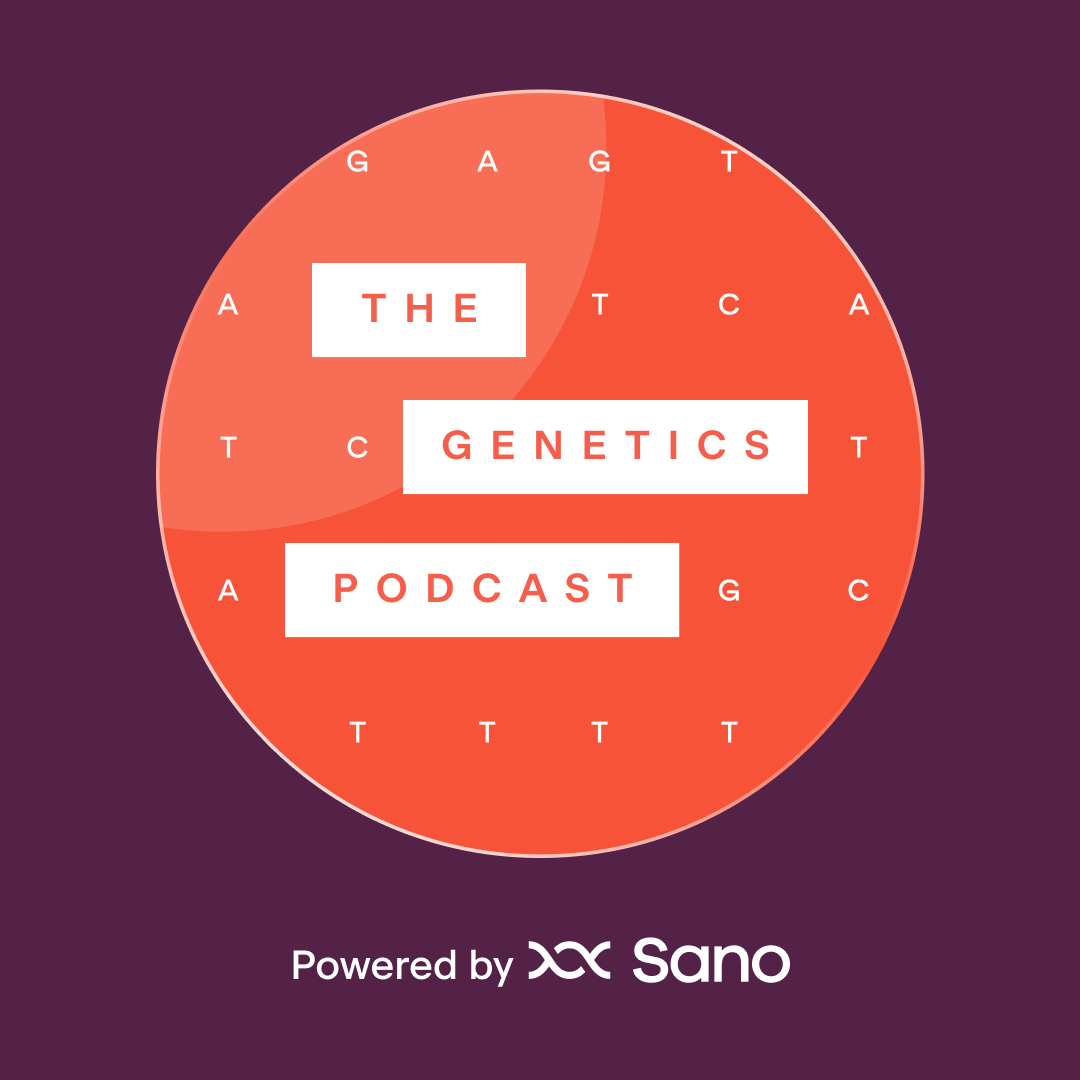EP 159: Engineering macrophages to tackle rare disease with Noam Baumatz of Noga Therapeutics
October 31, 2024

In this episode, we’re joined by Noam Baumatz, CEO and Co-Founder of Noga Therapeutics, a company dedicated to developing gene therapies for rare and severe diseases through engineering macrophages. Motivated by his highly personal experience of rare disease, Noam founded Noga to develop the type of gene therapies his daughter was unable to access. He and Patrick discuss his work with parents and families affected by rare disease, the road to effective, financially accessible gene therapies, and Noam’s previous work in traditional Chinese medicine.
0:00 Intro to The Genetics Podcast
01:00 Welcome to Noam and discussion of his motivation to drive rare disease forward
03:00 Noam’s daughter Noga’s experience of rare disease, including an 8 to 12 month journey to diagnosis
05:10 How the experience of his daughter receiving a genetic diagnosis motivated Noam to take change into his own hands
10:12 How meeting other families impacted by rare disease led Noam to work on gene therapy for children living with primary immune deficiencies
12:33 How Noga Therapeutics is aiming to reprogram blood stem cells and the potential impact on rare diseases
15:22 Why it’s not yet possible to use the technology to correct gain of function mutations
17:42 How Noga’s program is aiding treatment of multiple primary immune deficiencies
22:25 The techniques the company uses in XLA to modify stem cells and enable expression of a functional copy of the BTK gene
26:30 Why gene therapies don’t always provide a comprehensive solution or cure
28:10 Bridging the gap between transformative therapies and the cost of delivering drugs to very small ultra-rare disease populations
34:41 Noam’s history working in traditional Chinese medicine
39:53 The importance of thinking holistically about health, from understanding g genetic root causes to considering how genes impact whole organ systems
43:15 The collaborative nature of the rare disease community and how parents who want to use their personal experience to further research and advocacy can connect with Noam
44:37 Closing remarks